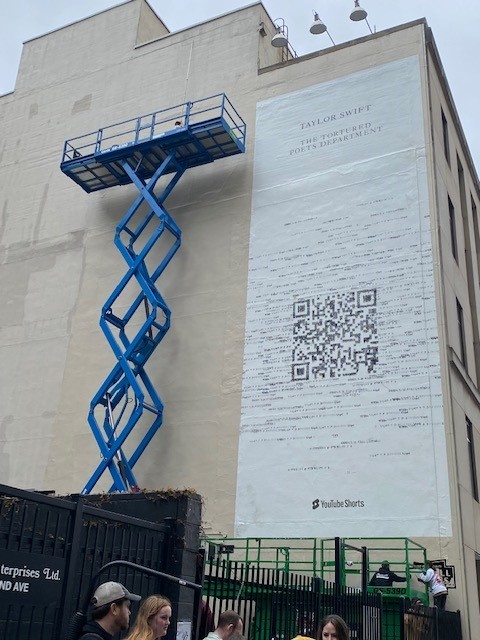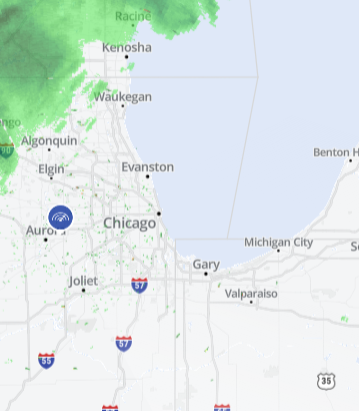Gather up your wishes and set your gaze to the stars this week as the annual Perseid meteor shower dazzles the night sky with shooting stars galore.
The peak of the meteor shower falls between Aug. 11 and Aug. 14 when an average of one shooting star per minute will light up the sky, according to the New York Times.
In the Chicago area, the meteors shower will be most dense about an hour after sunset on Wednesday until about 4 a.m. Thursday, according to Larry Ciupik, an astronomer at the Adler Planetarium. The night sky is forecast to be clear, so viewers could have the chance to see hundreds of meteors that night.
The meteors come via the Comet Swift-Tuttle, a grouping of dust grains that circle the sun every 133 years and get their name from the ancient Greek hero who slayed Medusa.
Although the meteors will be zipping by the earth, Ciupik says there's no need to worry about a meteor impact. They are tiny particles about the size of a grain of sand, and most of them will disintegrate by the time they reach the earth.
City lights may make it more difficult to see the meteor shower, so it may be better to head to the suburbs, or at least a beach, a park or an empty lot with a clear view of the sky. The meteor shower will last all night, Ciupik says, so don't expect it all to happen in a short burst, like a fireworks show.
"You don't need a telescope or binoculars or anything, all you have to do is lay back, make sure you have insect repellent and dress warmly enough to stay out there all night," Ciupik said.
Local
The Adler Planetarium will host a meteor shower viewing party in Cantigny Park in Wheaton on Wednesday beginning at 6 p.m. Guests can stargaze and enjoy live music, a scavenger hunt for kids, hands-on science activities and presentations from an Adler astronomer. Telescopes will also be provided for enhanced viewing.
Advance sales end at midnight on Tuesday at midnight, but guests can purchase tickets at the park on the day of the event for a few extra dollars.



